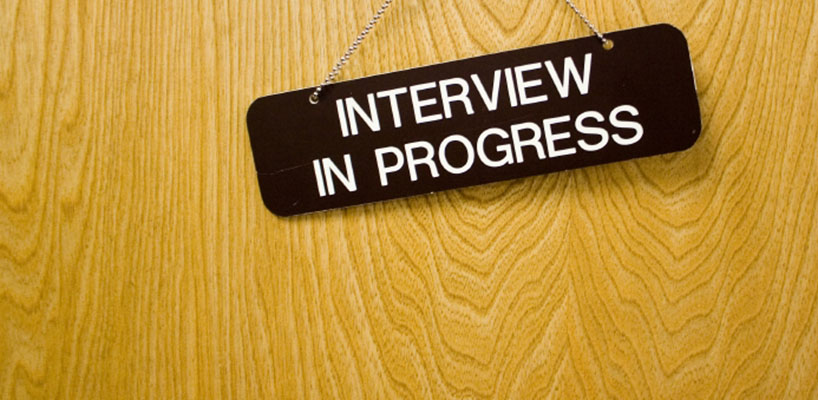Great skills, military service and an active security clearance should be all you need to land security cleared jobs. But there’s always that last hurdle in the process; the interview. That conversation can make or break the chance of a solid offer. So cleared veterans may want to give some advance though to how they answer some of the questions hiring managers ask veterans. The right message could provide the competitive edge in the long run.
While surveys show some 65 percent of employers are open to hiring veterans, talking to hiring managers can still be tough. Whatever is asked during an interview, there’s only one bottom line: Are you the best person for this job? If the position requires a clearance, other cleared job seekers are your primary competition. So how do you convey that you are indeed, the best hire?
When asked about your skills
Even if the job doesn’t require a clearance, emphasize you hold a clearance in any conversation with hiring managers and final decision makers. Then move on to explain exactly which skills you’ve been trained in and how you’ve used them. Keep the focus on skills, not job titles. If you’re trained in SQL/SQL Server/MSSQL, Linux, Oracle and SAP, say so. If you have other skills and certifications equivalent to civilian skills, explain how they match. And don’t forget the softer skills, such as the ability to work well in teams, follow through on assignments and supervision experience. These are critical requirements in military service, and that fact should be noted in an interview. Good phrases to preface soft skills include, “I’m comfortable with…”, “I’ve had the opportunity to…” and “I was fortunate to be in a position to…”
When asked about the company
Hiring managers are looking for candidates who fit the work culture. They may ask what you know about the organization, but they may be wondering whether you can adapt to a civilian work environment. Researching the company before the interview is a must. And this means much more than reading the company’s website to learn its mission and what it does. Read forums. Search news articles that mention the company. Most importantly, tap into the company’s newsroom for press releases over the last year. You’ll learn about everything from promotions to milestones, charitable events and other news. Speaking to specific information about the company will demonstrate that you know exactly what the work culture is and that it fits into your own career goals. It’s also the first hint that you can hit the ground running.
When asked why you would make a good hire
Hiring managers are looking for a combo; they want the clearance, the right skills and someone who stands out from the pack as an asset in the long term. The opening salvo should again emphasize the clearance. The middle of this one to two minute sales pitch should focus on skills and experience. The last part should target your passion. Here, a little enthusiasm can go a long way. Based on your research, bring up one or two pieces of information you learned. Be specific. What did the company do and why did you like it? What did you read that impressed you – and why? A simple but positive response can put you in the standout position.
When asked the old “tell me about yourself” question
This one isn’t always the first question. More commonly, hiring managers talk about the company and your resume, then eventually come back to you. A good way to handle this question is to be a generalist when it comes to personal information and very specific on professional skills. The closing lines should target the fact that you want this job. That may mean explaining why you chose this company or why you’re in this field, but the idea is to make your answer less about you and more about them. Not so tricky if you practice ahead of time. And that’s actually the first piece of advice for any cleared job seeker. Rehearse your responses if you want the best shot at conveying your best self to hiring managers.



